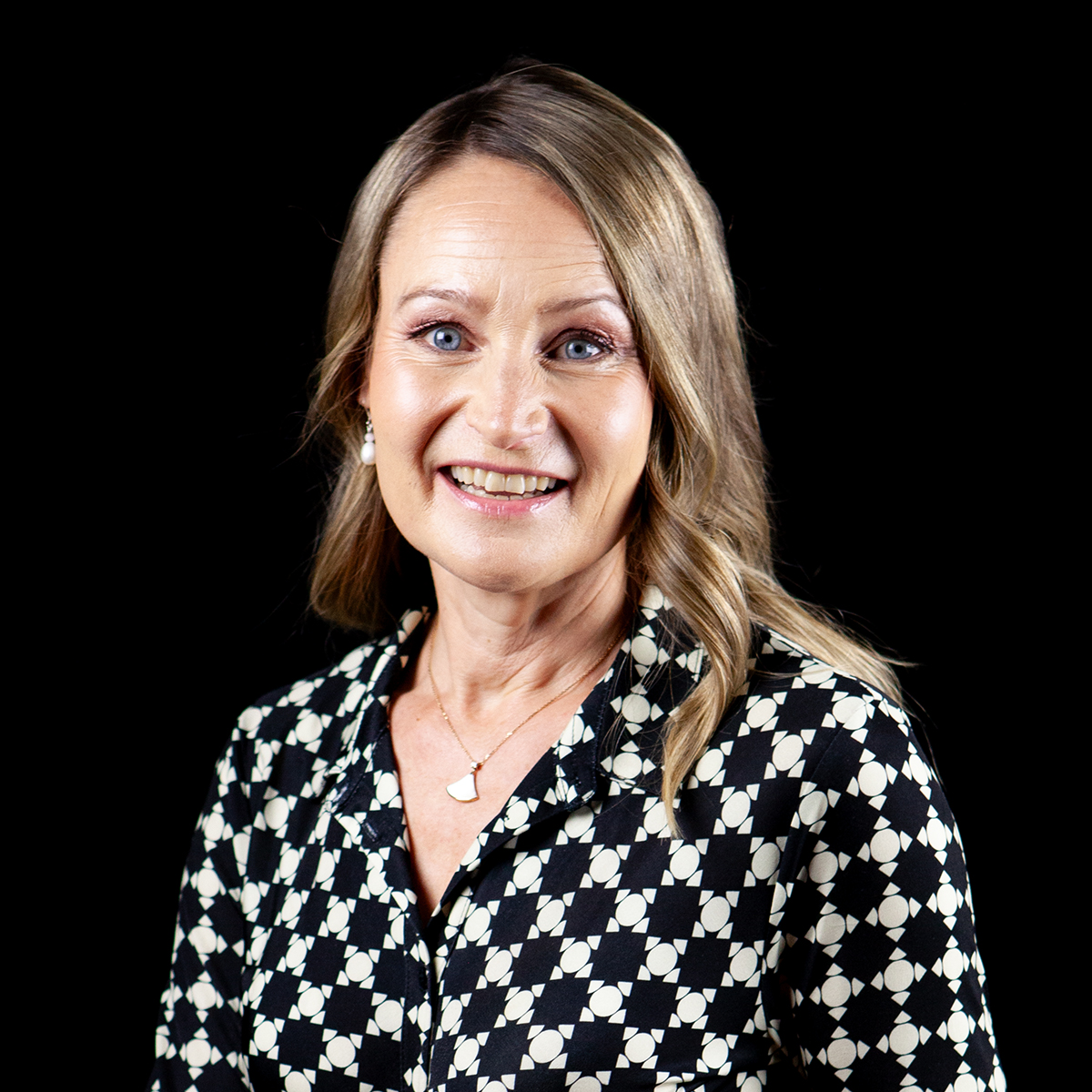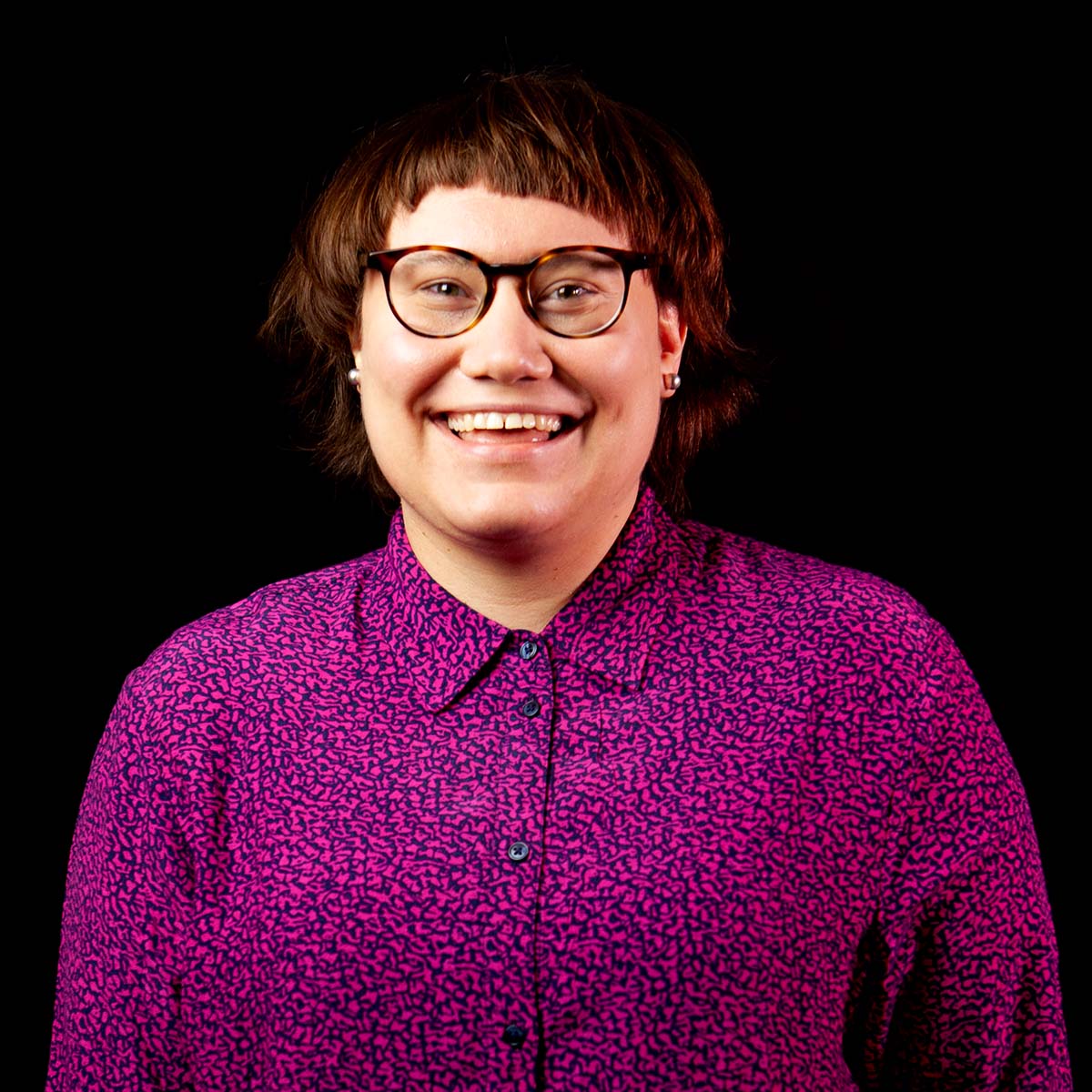LEADERSHIP TRAINING FOR SUSTAINABLE ECONOMIC POLICY
How can we steer economic policy to ensure that future generations also live in a good world? Sustainable economic policy training takes a new approach to leadership.
Economical discussions in our society tend to focus on the challenges of economical sustainability, the future of the Euro region and growing public debt. However, the challenges facing today’s society are so complicated and systemic that they cannot be sustainably resolved from the economic standpoint alone. In order to build a sustainable future, the economy must produce well-being without exceeding the earth’s natural carrying capacity.
Sitra’s leadership training for sustainable economic policy combines everyday well-being, economic realities and the earth’s boundary conditions with long-term decision-making and development, as well as with the new leadership required by a complicated world.
What do we do?
Each year, we organise two sustainable economic policy leadership courses for decision-makers from different sectors of society. Participants learn how economic policy in Finland is managed and how the tools of financial policy can be used to promote sustainable development. The training is based on shared expertise and learning together. It centres on a project that simulates strategic political decision-making from the perspective of a child born today. What decisions guarantee that society will be able to offer this child sustainable well-being when he or she turns 18 in the 2030s?
The training uses the best practices identified in Sitra’s earlier sustainable economic policy courses. Each course consists of orientation, three elective half-day field trips, and two three-day training periods. The key to successful training is a group of participants that is as diverse as possible and has a wide range of opinions.
Approximately 30 people from different sectors of society are invited to participate in each course.
Where are we now?
The course No. 22 takes place in autumn 2024.
What have we achieved?
The first course started in May 2013, and some 500 decision-makers have already completed the training.


WHAT IS IT ABOUT?